|
Ancient Greek Philosophy: An Introduction
by Tom Griffith and Hugh Griffith Published in 2007 8 hours (audiobook only) Thibault’s score: 3/5 This audiobook only introduction to Greek philosophy isn’t great but it isn’t terrible. I do not recommend this as an introduction to Greek philosophy. This review is my first written on an iPhone so the format is a bit different Things I liked: -Well produced audiobook -A lot more ink is spent on more obscure Greek philosophers instead of the usual Plato Aristotle Socrates - A lot of interesting exposure to new authors and ideas I was not familiar with - Almost the entire audiobook is excerpts from Greek texts Things I disliked: -Only available as an audiobook, no paper books available - There wasn’t enough commentary to explain what the Greek text meant - There wasn’t enough historical background information about the authors lives and the periods during which they wrote - Certain chapters were boring and repetitive Overall I do not recommend this audiobook. It is too complicated for people who do not know very much about Greek philosophy but too simple for people who are already acquainted with the ideas. That being said it was certainly interesting and had many good things about it
0 Comments
Makers of History: Alexander the Great
by Jacob Abbott Published in 1849 198 Pages Thibault’s Score: 3/5 Alexander the Great is a history textbook from the 19th century about the life of the great conquerer. Although the book was originally written for children ages 8 - 12, it reads like a modern book for adult, re-enforcing my suspicions that human intelligence has decreased due to the advent of sanitation. This is a great book because it is short, easy to read, and covers many details of Alexander’s life. It is very systematic, and does a great job at explaining the history of Alexander’s conquests. The story that I found the most interesting was the tale of Alexander’s treasonous doctor. At some point in his journeys, he came down with a serious fever and the chills. While Alexander’s doctor was preparing to brew a medicine, a messenger came to visit Alexander. The messenger presented him with a letter declaring that the doctor had been bribed by the Persians and was planning to poison Alexander. Alexander hid the letter under his pillow and told no-one. When the doctor came, and handed Alexander his medicine, he handed the doctor the letter and told him to read it. He then observed the doctor’s face, and after seeing the doctors reaction, drank the medicine. Sure enough, Alexander had been misinformed. The fact that surprised me the most was how merciful Alexander the Great was. He wouldn’t massacre civilians, pillage cities, or rape enemy women. Upon capturing the wife and children of his arch-nemesis, Darius, King of the Persians, he allowed them to live a life of relative comfort. This explains why Alexander was able to achieve so much. This book has made me much more sympathetic to Alexander the Great. I also found it very interesting that power had a highly corruptive effect on Alexander - as he gained more territory and grew his empire, his My main concern about the book is that it was written a very long time ago, and long before the advent of modern archeology and historiography. I am concerned about its historical accuracy, and also didn’t like the fact that no sources are cited. For this reason, I cannot recommend this book as a primary learning material for modern readers. I know that several details mentioned in the book have since been challenged by modern forensic historians. I recommend this book for skeptical readers who want to learn more about the narrative of Alexander the Great’s conquests, but would like to warn readers to fact check the details for historical accuracy. Everyday Life in Ancient Greece
by Cyril Robinson Published in June 1933 159 Pages Thibault’s Score: 4/5 This book is an excellent short introduction to ancient Greek history. I recommend this book to anyone looking for a quick and easy read about ancient Greece. The topic of the book is very interesting. Instead of focusing on nobles, warriors, and philosophers, Robinson explores the lives of ordinary people. He succeeds at keeping the reader’s interest without dramatizing history. Many authors who have attempted at writing histories of ordinary people often slip into Marxism. Robinson succeeds in keeping his book almost completely apolitical. Cyril Robinson’s style of writing is very compelling. His sentences are always clear. He wastes no ink on superfluous information, yet never fails to include any of the important details. I found the chapter on Sparta to be particularly interested. I didn’t realize how militarized the life of the ordinary people were, and had previously assumed that only a small elite class was bound by fascistic Spartan law. My only reproach is that this book was written in 1933, before the advent of forensic archeology. This forces Robinson to rely almost entirely on historical accounts. As any lawyer knows, eyewitness testimony is the least reliable evidence in court, and forensic evidence is the strongest. Everyday Life in Ancient Greece is a good and short read, easily accessible to people who don’t know very much about history and non-native English speakers that manages to keep more knowledgable readers engaged. Columbine
by Dave Cullen Published in April 2009 417 Pages Thibault’s Score: 2/5 This book could have been fascinating, but instead it was an incredible snoozefest. I didn’t finish the book, it was too slow paced and boring. The author spends far too much time writing about the lives of random American townspeople. I couldn’t care less if the coach at the school was going through a divorce at the time of the shooting. 80% of the book covers the lives of random victims, witnesses, and first responders. 20% of the book covers the shooters and the shooting itself. This book got all sorts of awards and praise, but I don’t understand why. The journalistic value is mediocre, and so is the writing style. China’s Second Continent: How a Million Migrants are Building a New Empire in Africa
by Howard W. French Published in January 2014 304 Pages Thibault’s Score: 4/5 This is a fantastic read, and essential for anyone who wants to understand Africa. The author, Howard French, is a pretty interesting guy. He is an American professor who taught in Ivory Coast during the 1980s, and eventually became a journalist. He later on became a war correspondent in Liberia, Sierra Leone, CAR, and in many other parts of Africa. He then lived in China for 5 years, and is now fluent in English, French, Mandarin, and Japanese. The book is essentially a first person narrative describing the author’s encounters with Chinese people as he journeys across Africa, and retells their stories. This book has been very informative, and I learned a lot about China and Africa. There is a certain view of the Sino-African experience that one can only get by reading interviews with the Africans and Chinese involved. The macro picture, the maps, and the geopolitics aren’t very good indications of what goes on the ground. The stories of men taking concubines to avoid land regulations, of prostitutes working their way up and opening bars, and of truck drives across muddy and rainy conditions reminded me of stories I heard about the wild west. This book is a must read for anyone who is interested in the Sino-African phenomenon going on right now. Anarchy, State, and Utopia
By Robert Nozick Published in 1974 400 Pages Thibault’s Score: 2/5 A book so bad it gave me autism. I had to put it down after the first few chapters even though I already agree with the author. The writing style is terrible. Its long, convoluted sentences are hard to read. The style of argumentation appeals to the autism of the reader rather than their reason. All of the arguments rely on shaky definitions that have little bearing to the way that the words are used in daily parlance. Anarchy, State, and Utopia is devoid of empirical or historical examples, and makes numerous absurd proclamations without evidence. He assumes everyone believes in the existence of rights, and writes in a condescending tone. If you want to read a good libertarian book, go for Hayek, either one of the Friedmans, Rothbard, Mises, Lew Rockwell, Tom Woods, but for heavens sake, skip this manifesto. There is an audience for the book, and they look like this: Black Flags: The Rise of ISIS
By Joby Warrick Published in 2015 384 Pages Thibault’s Score: 4/5 This fast-paced and well-written book is a veritable page turner. I had low expectations, because ISIS is recent history, and the book is a few years old, but was very pleasantly surprised. The book follows the early history of ISIS through the eyes of various witnesses: American ambassadors, Jordanian intelligence, prison doctors, and CIA agents. It chronicles the fascinating personal story of Abu Musab al-Zarqawi (pictured on the cover of the book) as he becomes slowly radicalized, gets sent to prison, and eventually grows into a terrorist leader. The book also does a great job at explaining the confusing transition from Al Qaeda to ISIS in the years following al-Zarqawi’s death. Everything from the investigations of the intelligence agencies to the inner workings of terrorist organizations. I learned a lot about ISIS and Middle Eastern politics in general, and my views of Middle Eastern politics have evolved. One small warning: the book is written by an obvious neocon, and some of the chapters seem to be tempered by this perspective. I strongly recommend this book as a starting point to everyone interested in learning more about ISIS. |
Thibault SerletMost of my articles are book reviews, but I also write about many other topics. Archives
December 2023
Categories |
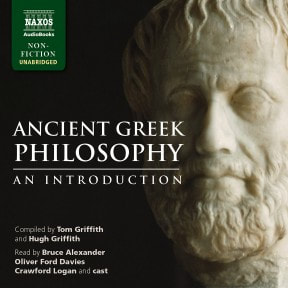
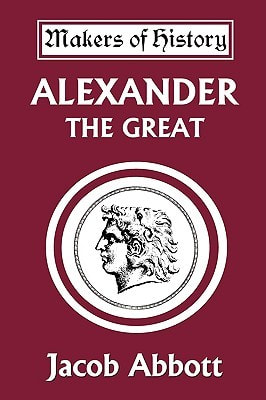
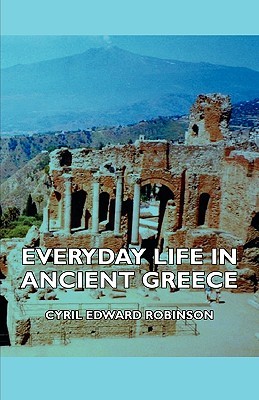
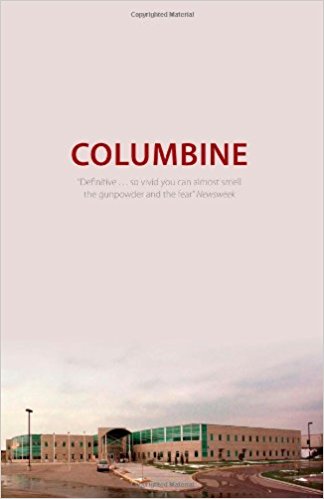
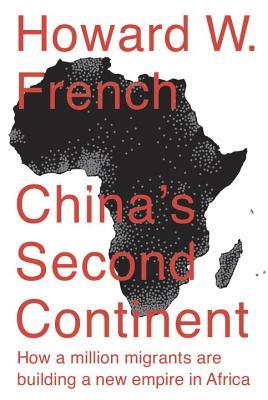
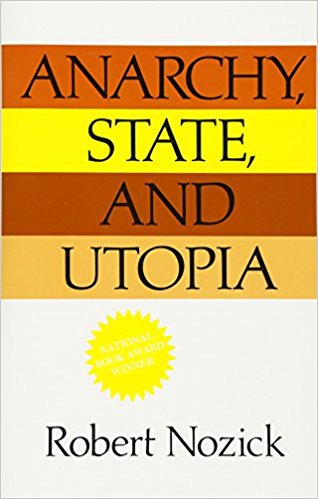



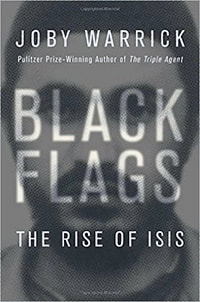
 RSS Feed
RSS Feed